
Picture source Internet
After entering summer, the temperature is too high, and many children suffer from upper respiratory tract infection due to the cold blowing on the air conditioner, with symptoms such as fever, runny nose, and cough. Once a child has a fever, parents will fall into the "soul torture" of "what should I do?" Either anxiously and panic-strickenly seek advice from relatives and friends, or use various "magic pills" to cool down the child. In fact, parents' wrong fever-reducing measures will not only delay the treatment time, but may also have counterproductive effects. Experts say: Only by understanding the relevant knowledge about children's fever can parents deal with it calmly.
A child’s fever leaves parents in a hurry
As we all know, children’s body resistance is generally low, especially before the age of 3. Many mothers will experience their children having a fever in the middle of the night. Whenever this happens, mothers will be particularly nervous. In addition, It is not convenient to go to the hospital in the middle of the night, so most mothers choose to care for their feverish children at home first.
"Doctor, my child has a fever. I have tried various methods, but the fever still keeps recurring..." It is understood that Xiaolin (pseudonym) is two and a half years old this year. He has been breastfeeding since he was a child. His physical fitness is relatively good and he rarely suffers from fever. Symptoms such as cold and fever appear. One night last week, my mother, who was sleeping next to Xiao Lin, suddenly felt very hot. She touched Xiao Lin's forehead with her hand and found that it was very hot. When she measured her temperature, it was already 38 degrees Celsius. So the mother hurriedly got up and went to find an ice towel to apply ice to her child. However, the fever still did not subside after applying the towel for a long time. Later, she covered her sweat with a quilt and took antipyretics. She tried various methods, but the effect was still not obvious, so I took my child to Xuzhou Children's Hospital for treatment.
Zhang Zhenkun, director of the second respiratory department of the hospital, said after receiving the diagnosis that children develop fever and other symptoms in summer. The most common cause is upper respiratory tract infection. Symptoms such as sneezing, cold sensitivity, coughing, and fever usually occur. If the temperature is 39 degrees Celsius, Next, let the child sleep more, drink more water, take some cold medicine, and he will be fine after a few days of rest. Parents do not need to be too nervous.
Looking into the cause of Xiaolin's fever, experts pointed out that the weather is hot in summer, and the body temperature regulation center function of infants and young children is immature, their immunity is weak, and bacteria are relatively active, making it easier to invade young children. In addition, when the weather is hot, young children are prone to poor appetite and poor sleep, which will also affect their resistance, leading to colds, fevers, etc.
When a child has a fever, should he apply ice or cover his sweat? Scientific response is the key
How to help children reduce fever has become a difficult problem for novice parents. Experts say the first thing parents should do is to continuously monitor their children's temperatures. Through continuous temperature measurement, you can better understand your child's body temperature and help your child recover. In addition, monitoring changes in the child's body temperature after medication can also help determine the effectiveness of the medication. For infants and young children who cannot speak yet and cannot express themselves even if they are sick, parents need to make judgments based on the child's mental state and body temperature. Once it is discovered that the child's mental state is not good, parents also need to continue to observe changes in their body temperature. If the body temperature rises, they must deal with it in time.
The second step is to achieve scientific physical cooling . There are two main methods for treating fever in children: physical cooling and drug cooling. But in fact, physical cooling cannot fundamentally treat fever. It can only temporarily lower the body temperature locally. If used improperly, it may even cause new harm to the child, such as ice compress, ice water bath, alcohol bath, etc. Use is prohibited. During the alcohol bath, the child's body temperature may drop too quickly, and hypothermia may occur, causing the skin to lose a large amount of water, causing dehydration. In severe cases, alcohol poisoning may occur due to excessive alcohol absorption, leading to coma.
On the contrary, many parents like to cover themselves with sweat to reduce fever. They think that after taking antipyretics, covering their body with sweat will reduce fever. In fact, this is not the case. Sweating is the result of reducing fever, not the cause.This method of covering up heat will affect the normal heat dissipation of the body, causing the body temperature to rise higher and higher, and even cause high fever. For infants and young children, the body's metabolism will become hyperactive after a fever, and the oxygen consumption will also increase relatively. It is easy to cause more serious consequences such as the involvement of multiple organs and systems of the body due to hypoxia.
The simplest way to physically cool down is to let children drink more water and sweat more. If the body temperature is too high, the body will be short of water. Drink more warm water to replenish lost water and help the child sweat. When children have a fever, they should wear less clothes and cover them with thin quilts to maintain indoor air circulation, which can help dissipate heat and avoid secondary bacterial infections.
Finally, don’t abuse cooling drugs. In terms of medicines for cooling, many parents like to purchase medicines by themselves. Once their children have a cold or fever, they immediately use a bunch of medicines. Antipyretic drugs are effective measures for treating fever symptoms. They can reduce the discomfort caused by fever and improve the child's body temperature. However, medication is not required for fever.
Experts say that a body temperature of 37.5 degrees Celsius to 38 degrees Celsius is low fever, 38 degrees Celsius to 39 degrees Celsius is moderate fever, and 39 degrees Celsius or above is high fever. Low fever and moderate fever indicate that the body has launched a battle against viruses or bacteria, which is a normal immune response and is beneficial to the development of the child's immune system. Therefore, the use of antipyretics is generally not recommended. The primary purpose of taking antipyretics is to relieve children's uncomfortable symptoms, not to lower their body temperature to a normal temperature. However, when the child's temperature exceeds 38.5 degrees Celsius, parents can use their discretion or consult a pediatrician to give their child medication. If your child's temperature exceeds 39 degrees Celsius, you should take your child to the hospital as soon as possible to avoid febrile convulsions.
Source: City Morning News
graphics | Respiratory Department
editor | Gao Yuyang Zhao Hengxin
review | Jiang Wei
producer | Wencheng
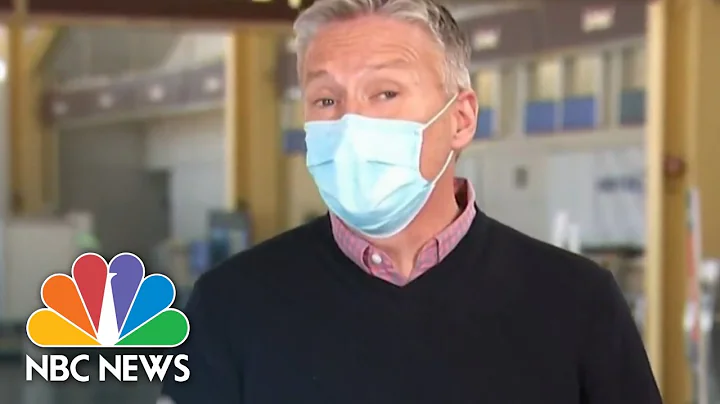


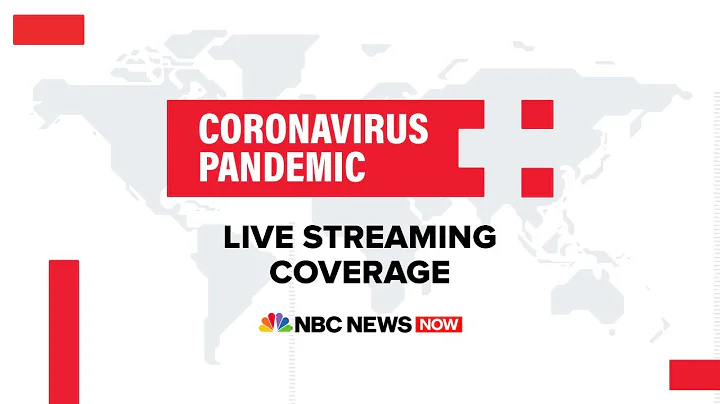

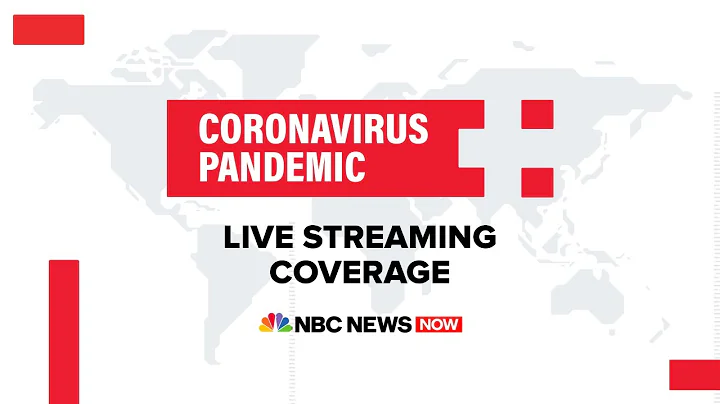

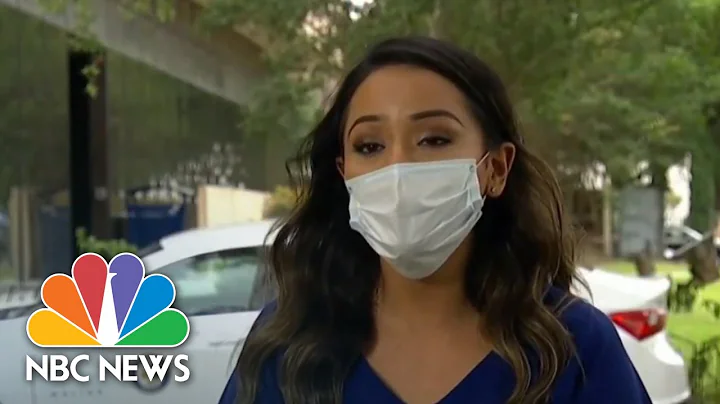

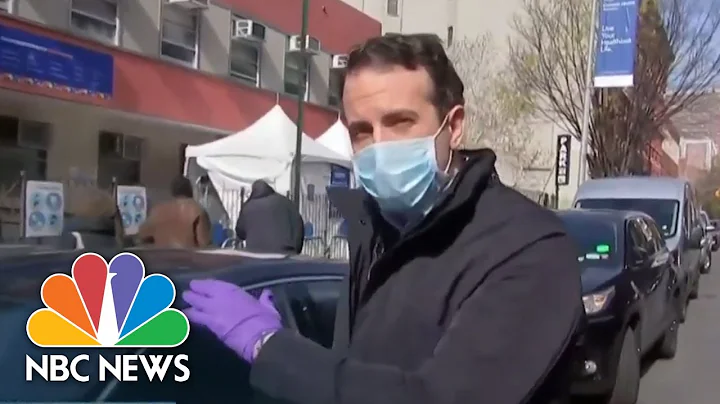
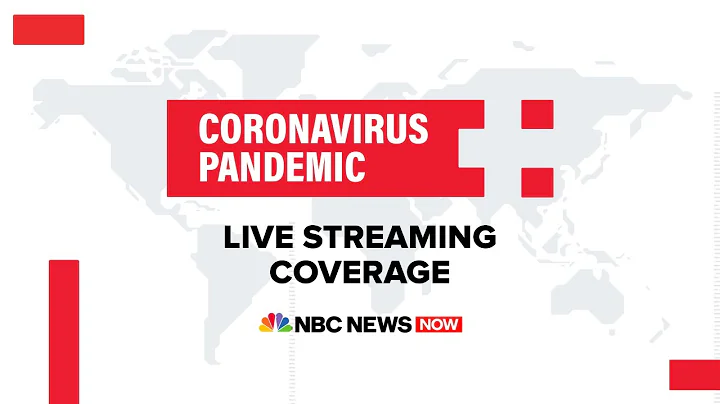



![Crossing from Guizhou to Guangxi - invited to a Chinese funeral [Ep 44] - DayDayNews](https://i.ytimg.com/vi/eIRJwmOksnQ/hq720.jpg?sqp=-oaymwEcCNAFEJQDSFXyq4qpAw4IARUAAIhCGAFwAcABBg==&rs=AOn4CLAphDmkhYwV2h9fhoqVgV1VTEiRjQ)






